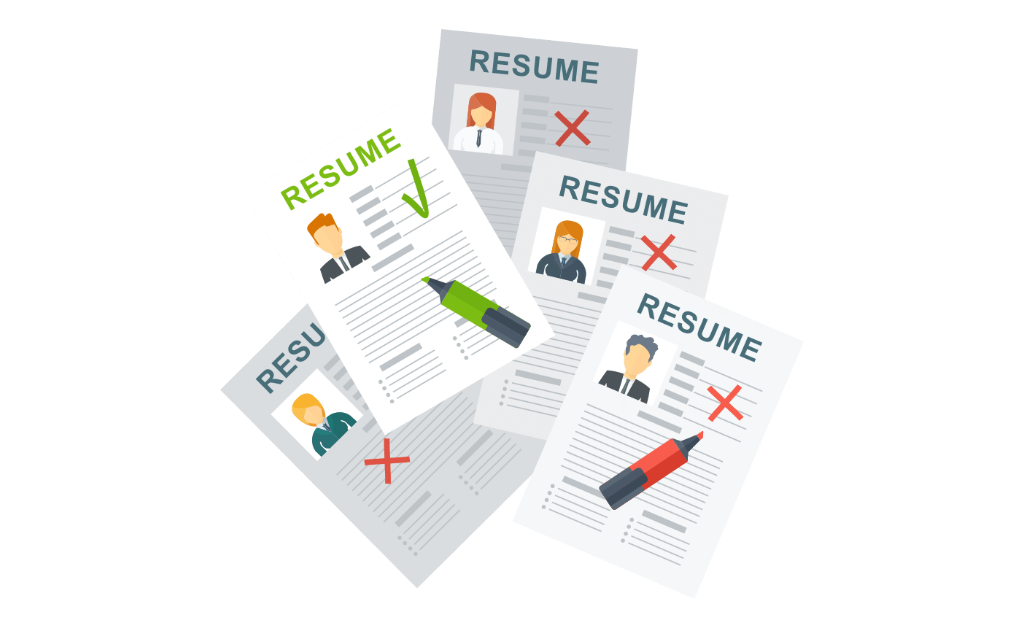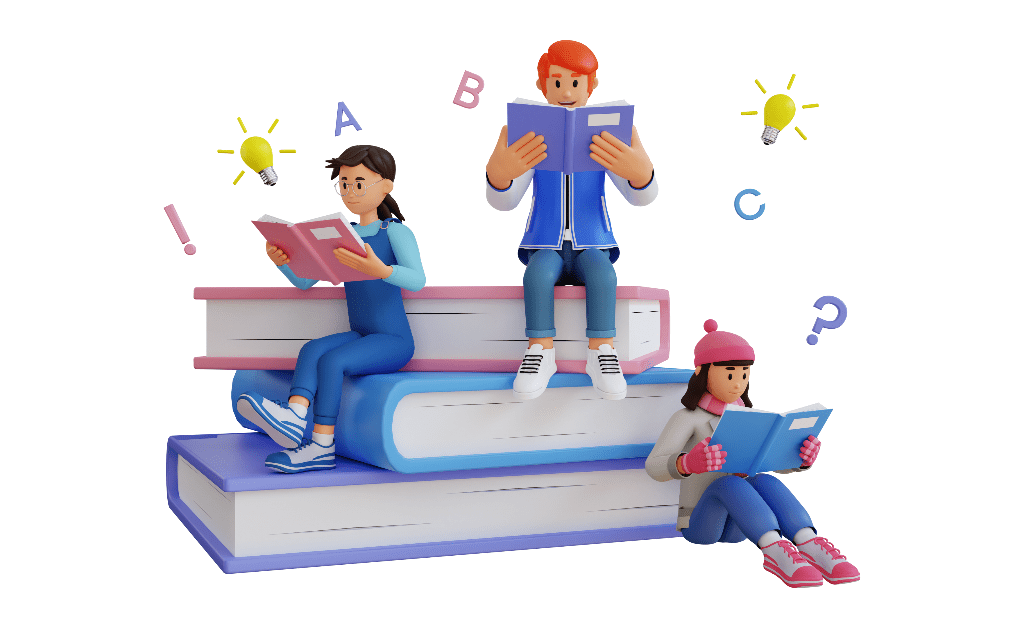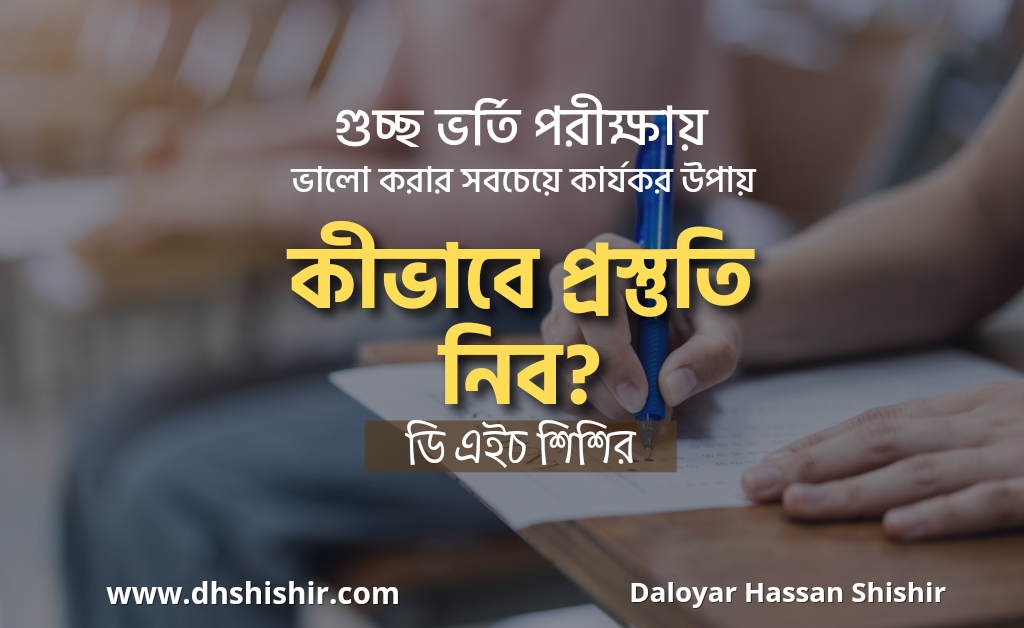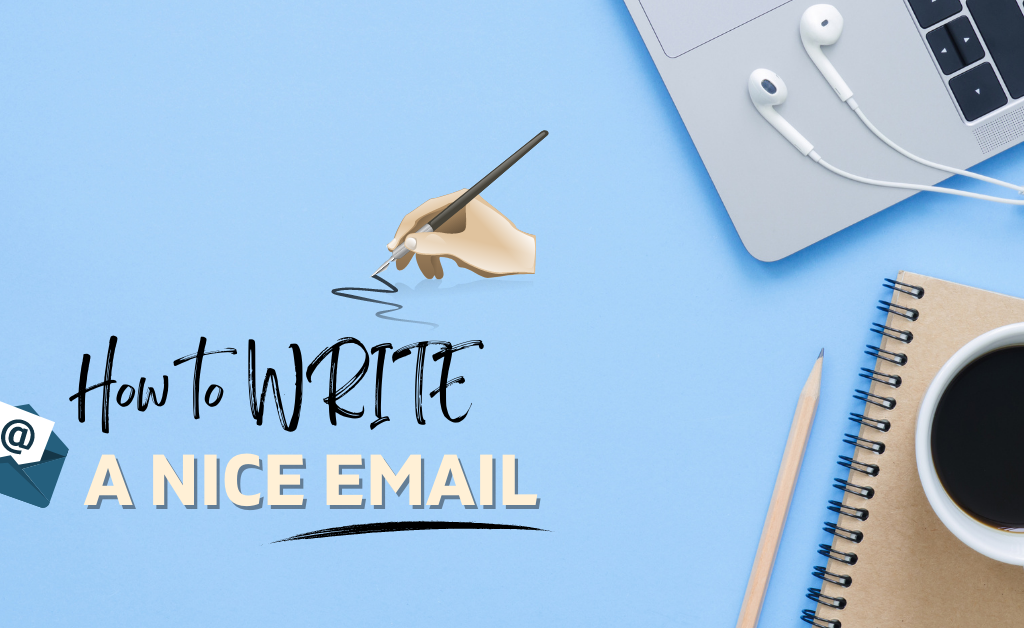Brilliant students practice these habits
- Speak what you want to remember aloud.
- Take notes by hand rather than using a computer.
- Test yourself quite a bit.
- Exercise on a regular basis.
- Teach someone else.
Speak what you want to remember aloud.
11 Secrets to Memorize Things Quicker Than Others
According to research, being able to speak is a “very powerful technique for boosting memory for selected information” compared to reading or thinking silently. Brilliant students do so.
Scientists believe that “Action learning aids learning and memory. When we add an active measure or a product feature to a word, it becomes more unique and remembered in long-term memory.”
In short, while silently thinking is beneficial, practicing aloud is even better.
Take notes by hand rather than using a computer.
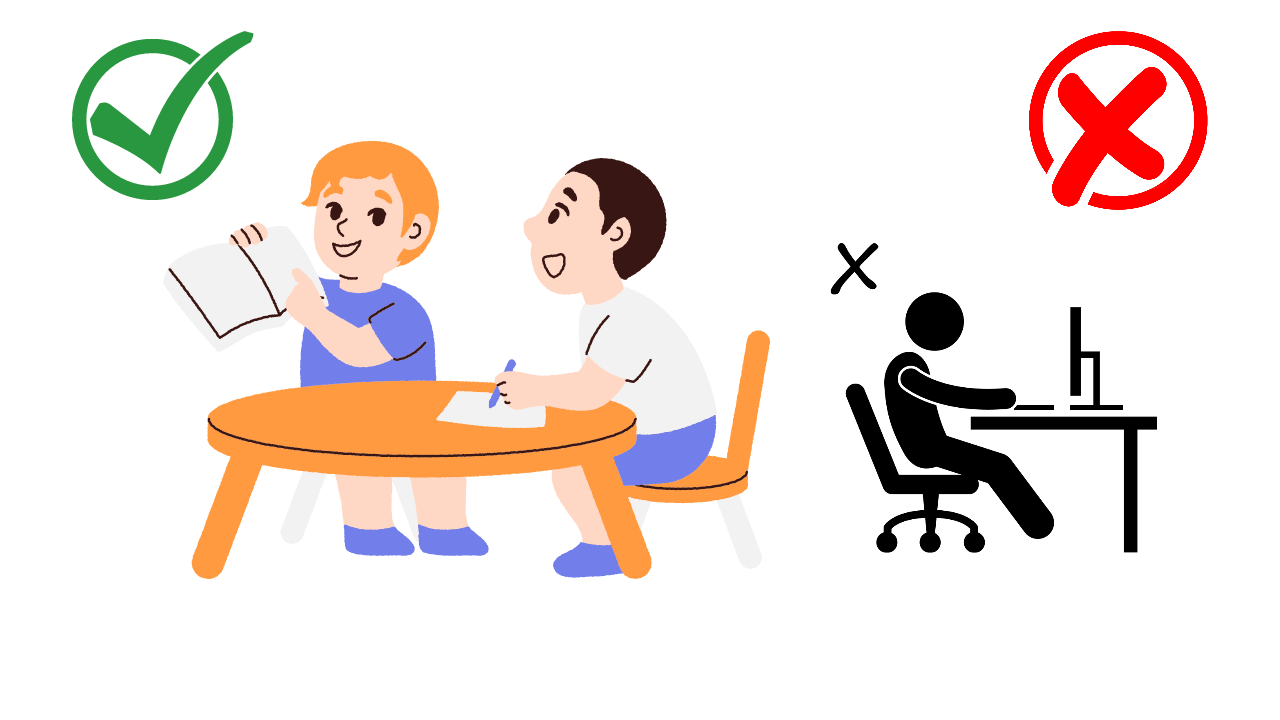
We can type faster than we can write for the most part. (And in a much more orderly manner.)
Handwriting your notes, on the other hand, has been shown to help you learn more. Surprisingly, taking notes by hand improves both comprehension and memorization, perhaps because you’re encouraged to express things in your own words instead of relying on a parallel to keep up.
As a result, you’ll remember a lot more of what you heard.
Maybe that’s why Richard Branson has maintained a handwritten journal for his whole life?
5 Tips for Taking Notes by Hand
- Don’t write down everything. While it’s tempting to try to jot down everything your instructor says, it’s hard to keep up with the pace of the lecture when you’re writing by hand.
- Create your own shorthand.
- Include the date.
- Review your notes right away. …
- Keep your notes in one place.
Test yourself quite a bit.
Self-testing has been shown in a number of studies to be a highly effective means of speeding up the learning process.
Part of this is due to the context; if you test yourself and answer incorrectly, you’ll not only remember the correct answer after looking it up… but you’ll also remember that you didn’t recall. (Getting something incorrectly is an excellent method to remember it for the future, especially if you are a perfectionist.)
So don’t only practice your speech. Examine what happens after your introduction. To put yourself to the test, develop a list of the five primary points you wish to make. Try to recall crucial figures, sales projections, or cash flow projections.
Top 3 Tips for Self-Testing
- Develop a positive attitude when you are studying.
- The order of study should be: read, recite aloud, write notes in your own words, ask yourself questions about the material, and review.
- Organize the material into meaningful clusters as this will help with recall.
Brilliant students Exercise on a regular basis.

Regular exercise can increase memory recall, according to this study. Another McMaster University study discovered that intervals of high-intensity exercise are beneficial to fitness and memory: High-interference memory improved significantly as a result of exercise. (When similar information gets in the way of the information you’re attempting to remember, it’s called interference.)
Remembering faces is a frequent example of high-interference memory, and it’s a skill that’s very important for those who want to build connections.
Exercise also increased the amount of a substance called BDNF (brain-derived neurotrophic factor), a protein that helps brain cells operate, grow, and survive.
As a result, exercising will not only make you feel better, but it will also improve your memory.
How can I make exercise easier to be a brilliant student?
8 Ways for brilliant students to Make Your Workout Feel Easier
- Take a Pre-Workout Supplement.
- Eat an Energy Bar or Meal.
- Listen to Music or a Podcast.
- Work Out with a Friend.
- Drink Water.
- Try New Workouts.
- Work Out at Home.
- Embrace the Pain.
Teach someone else.

It may be true that individuals who can’t teach, but the study shows that those who teach learn faster and retain more information.
Even just seeing yourself as a teacher will help you study more successfully. The researchers claim that “Teachers tend to seek out essential points and organize knowledge into a cohesive structure when preparing to teach. Our findings imply that when students expect to teach, they use these types of successful learning practices as well.”
The act of teaching also contributes to the improvement of knowledge. Anyone who has trained someone else should be able to say that they profited from the experience as well.
They most certainly did.
How do you introduce a lesson?
Five Ways to Start Your Lessons
- Start with a Video. Everyone loves a good video, especially kids.
- Start with an Object. Another way to get your students wondering about a topic is to show them objects related to the content.
- Start with a Question. …
- Start with Movement. …
- Start with a Mistake.




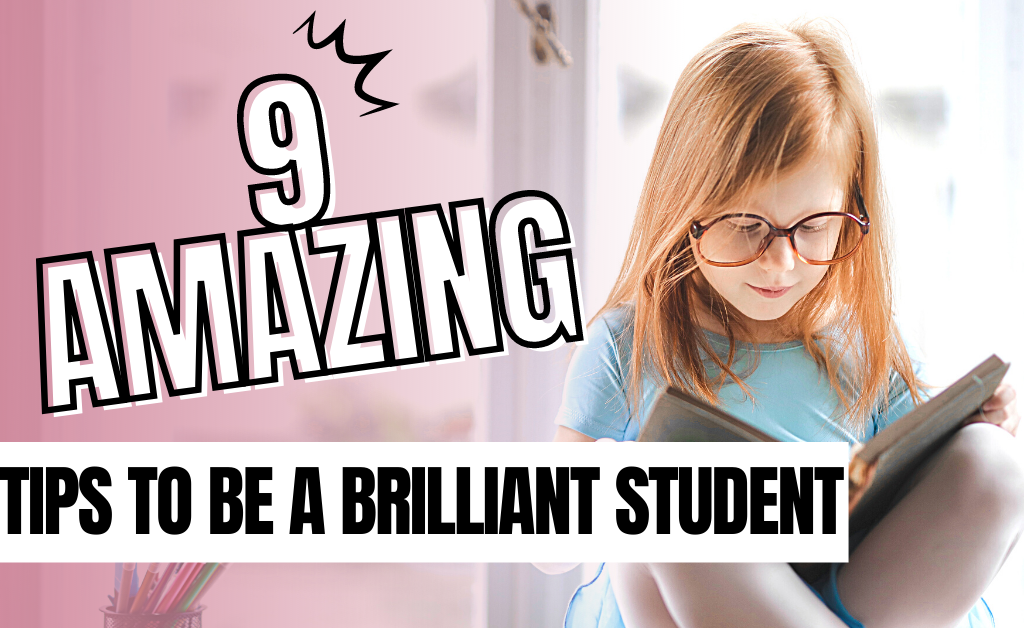
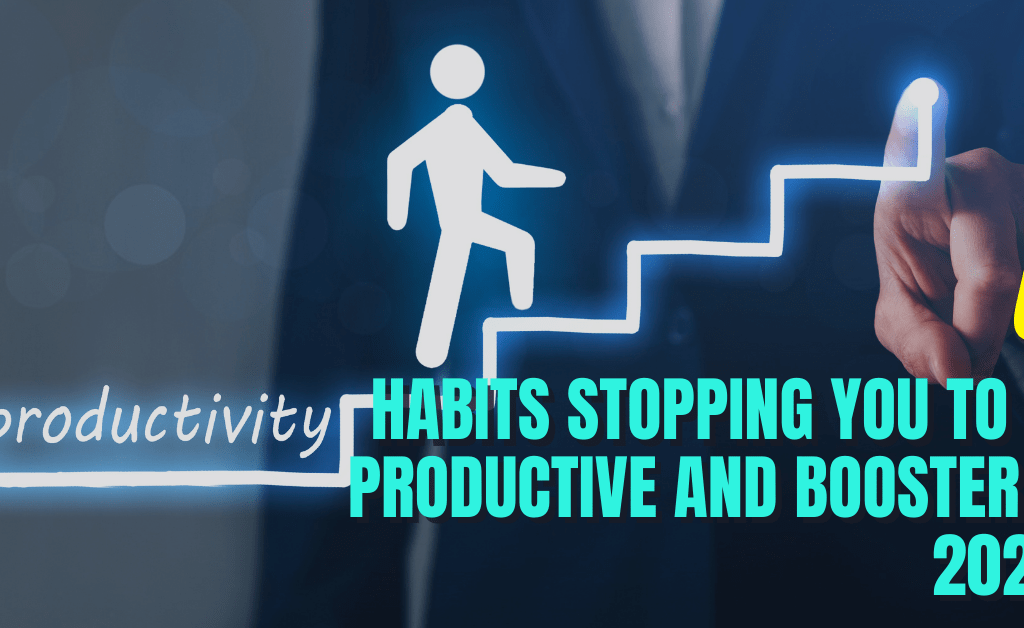
![Internship As a Student [Ultimate Guideline] internship as a student](https://dhshishir.com/wp-content/uploads/2022/10/internship-1024x1024.png)
![Smart GOAL Example | Set your goal Smartly [Practical] Smart goal example](https://dhshishir.com/wp-content/uploads/2022/06/20220609_055354_0002-1024x628.png)
